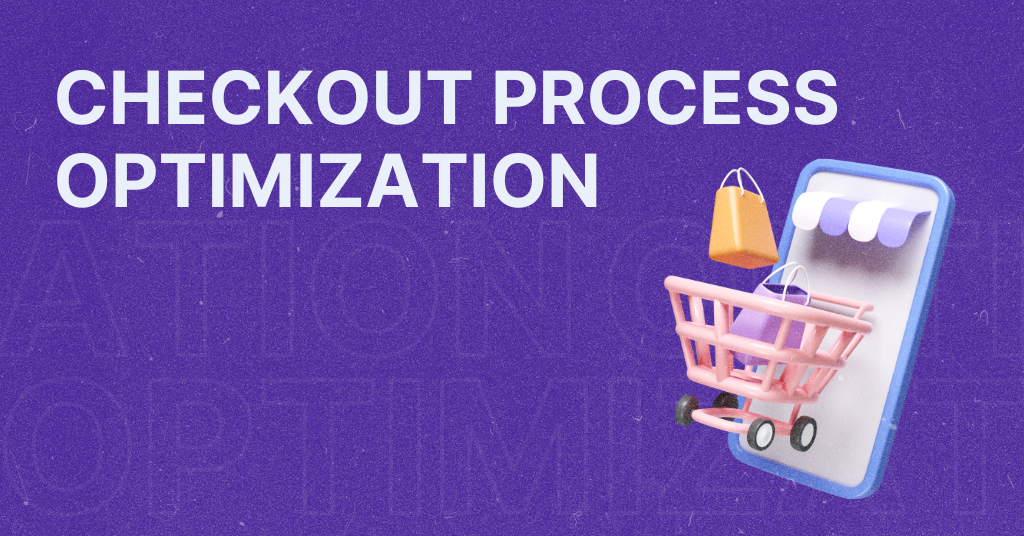
How to build customer trust in e-commerce?
Imagine that you find an online store that has all the things you’ve been looking for. You pick out a few things, go to the checkout, and put in your credit card information. But then doubt starts to creep in.
Can you put your personal information on this website you don’t know? Will you get what you order, or is this just another online scam?
In e-commerce, online transactions are the norm. So, website security is not just an option—it’s a necessity. The invisible force pushes shoppers to click the “Buy Now” button. Customers who trust your business are important. You need to build customer trust in e-commerce. Because, without trust, even the most beautiful websites and tempting products can fail.
Building trust starts with secure payment options
One of the most important things for online businesses is to build customer trust. Customers are worried about the security of their personal and financial information.
When people buy things online, they want safe ways to pay. That’s why you need to use SSL certificates and secure payment gateways. SSL certificates encrypt private information during transactions. They create a safe link between the customer’s browser and the website. This encryption ensures that hackers can’t steal and use the info for bad things.
Trusted seals and badges from security providers can prove that transactions are safe. Security providers protect information and make customers feel safe.
Also, trust badges from payment providers, like Visa or PayPal, show that your website meets strict security standards. That’s because collaborating with these providers requires strict standards.
Are you transparent enough?
Transparent pricing and return policies are important to build customer trust in e-commerce. Customers prefer companies that are clear about how they set their prices and don’t have any hidden fees or other surprises at checkout.
Also, having a clear refund policy that is easy to find shows that you care about customer happiness. Customers feel more comfortable making purchases when they know they can return items.
Dealing with customer information and cyber security
Information can be shared with just a click. People care more than ever about keeping their information private. Improving website security keeps customer information safe and helps in building customer trust. A security breach not only hurts your image but also puts your customers at risk of identity theft and fraud. Make protecting customer data and privacy a top priority.
Cybercriminals constantly change their methods, and old software or apps are easy targets for them. You can strengthen your website’s defenses by quickly installing security fixes and updates. That will make it less likely for someone to get in without your permission or steal your data. Regular vulnerability surveys and penetration tests can help you find the weak spots in your system. That way, you can fix them before they become a problem.
Weak passwords start the fire
Passwords are the key to your customer’s private information and accounts. Strong password rules are an excellent way to improve website security and build customer trust. Set rules for length, letters, numbers, and special characters.
Also, remind users to change their passwords to reduce the risk of hacks that use passwords. Strong passwords add an extra layer of security to your customers’ accounts.
Think about giving your customers two-factor authentication (2FA). Get another layer of security by asking users to provide a second piece of information along with their password. That could be a unique code sent to their phone. Even if passwords are stolen, this extra step makes it much less likely that someone will get in.
Turn visitors into confident buyers with social proof
In e-commerce, there are many options, and skepticism lurks. Social proof and customer reviews can be a business’s best friend. These tools are beneficial because they let potential customers see what other shoppers have bought.
In the big, busy market, where there are a lot of choices, customers want to feel safe. They want to hear the hints of approval that can turn simple interest into trust. Here, social proof comes into play as a game-changer. Social proof has a massive effect on how much customers trust a business.
Potential buyers’ worries go away when they see many reviews, high ratings, and testimonials. The combined experiences of others become guiding signals and help customers make decisions.
Encourage customers to leave reviews
Behind every happy customer is a pool of untapped social proof potential. Asking for customer feedback not only helps a business learn how to improve but also makes customers feel involved. Make the review process easy to use, give incentives, and follow up with customers personally. As more people write reviews, trust grows, and prospects feel ready to start their trips. Sharing reviews and experiences through social media and influencer marketing are an excellent way to build customer trust.
Online shopping experience and building customer trust
Customers can’t touch or try on goods before buying them online. That’s why giving them clear and detailed information about them is important. To bridge the gap between the digital and real world, you must give customers the information they need to make smart choices.
Describe the product’s unique features and benefits clearly. Accuracy ensures that expectations match reality, reducing the chance of returns or other failures. Complete details answer any questions that might come up and leave no room for doubt. When buyers can see what the product looks like and understand how much it’s worth, trust grows.
High-quality product images and videos
People want to see things they can’t touch. A high-quality picture or video can say a lot, bringing up feelings and making people want something. When buyers can look at a product’s fine details, judge its quality, and see it in action, they trust it. High-quality pictures and videos open the door to a sensory experience. Giving buyers a virtual touch and feel bridges the gap between what they see and feel.
Be there for your customers
In e-commerce, questions and doubts are common. Dedicated customer care shines as a helper. Building trust requires strong support lines and quick responses to questions about products. Customers often have questions, concerns or need clarification. Support should make sure that their needs are met quickly. Companies that put customers first show how much they care about giving great experiences. It’s easier to build customer trust with expert advice and quick solutions. Every time a customer has a good experience, it shows how reliable and committed the company is
Try to always listen to what customers want, figure out their worries, and find solutions before they ask.
Going above and beyond with customer care
Think about doing thoughtful things that make customers feel like they are important. Whether it’s a handwritten thank-you note, a gift, or a follow-up call, going above and beyond shows that you’re committed to making memorable moments that people will remember for a long time. Build customer trust beyond a single transaction and turns customers into brand advocates.
Conclusion
Trust is the cornerstone of a successful e-commerce business. As customers navigate the online world, the level of trust can affect their buying decisions. Businesses can build customer trust and foster long-term relationships by implementing key strategies. Build customer trust not just because it’s good for your business and sales but because you’ll gather loyal customers around your brand.
Let’s book a 30-min mobile strategy session and give your shop a boost.
Let’s book a 30-min mobile strategy session and give your shop a boost.


